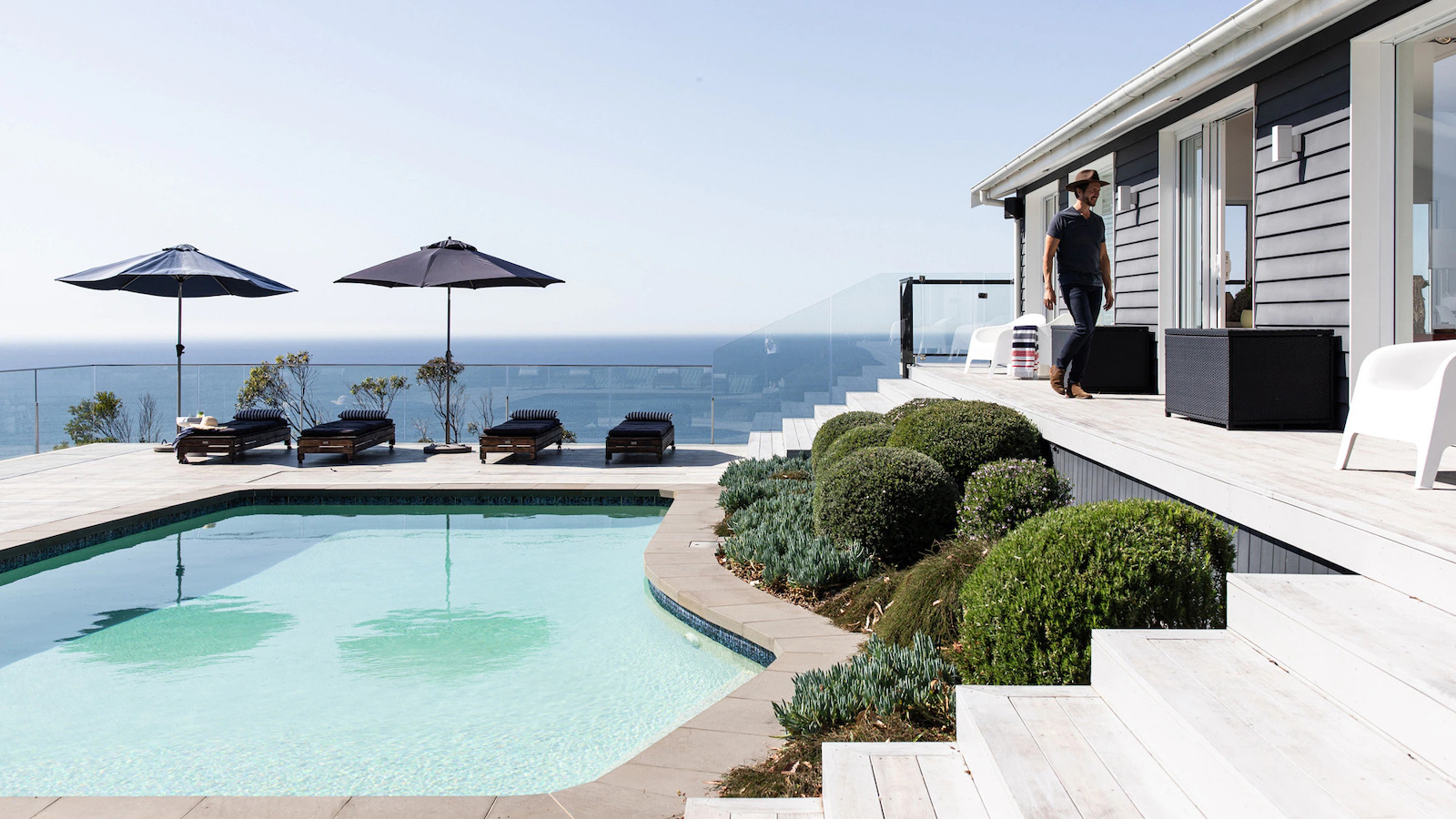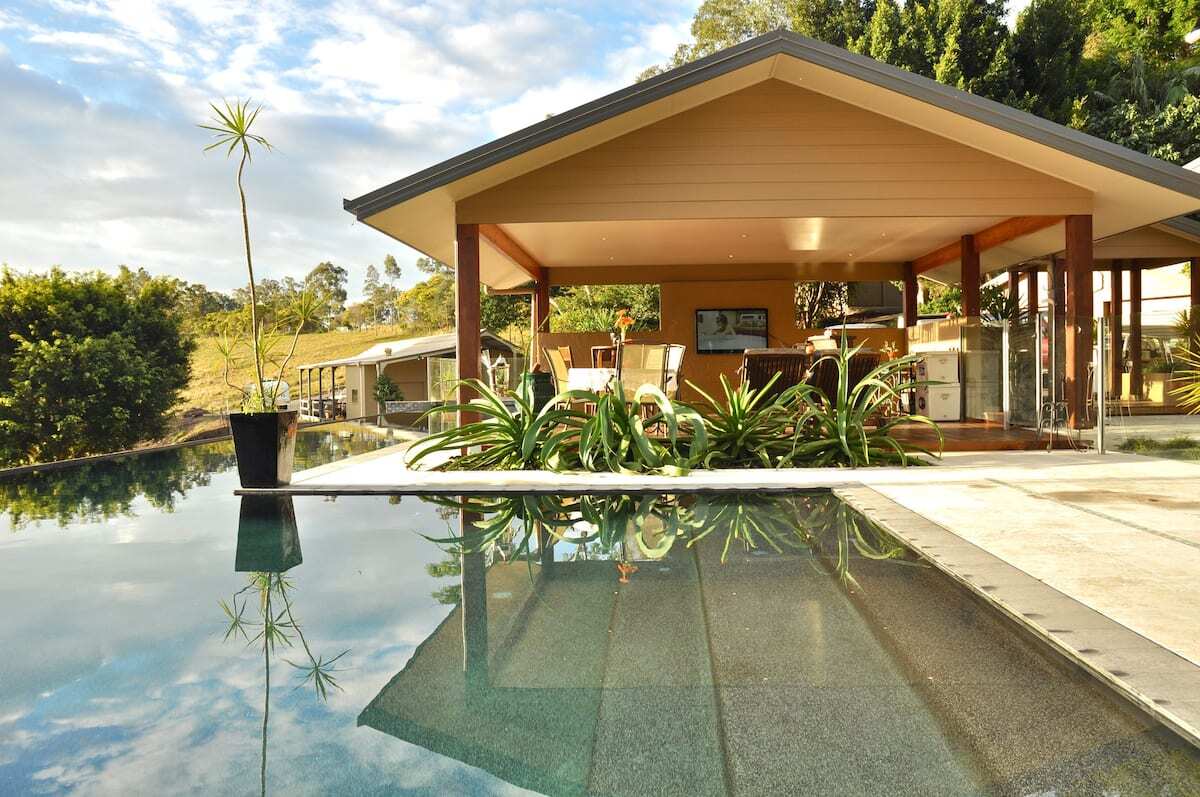
Ah, Airbnb. Depending on who you ask, it’s either the best thing since sliced bread and the biggest revolution the travel industry’s ever had – or it’s a blight on local communities that’s more hassle than it’s worth.
Airbnb has been particularly successful in Australia. Depending on the source, there are somewhere between 100,000 and 350,000 Airbnb properties across the country, with entire homes making up about 85% of those listings.
It’s been a total game-changer for travel Down Under, especially in remote destinations poorly served by traditional accommodation options such as hotels or hostels (and let’s be honest, you don’t always want to stay in a hostel, especially in the middle of nowhere. We’ve seen horror movies about that…)
What’s not often discussed is just how much money you can actually make renting your place out on Airbnb versus a traditional rental.
Let’s take the Gold Coast, one of the most popular domestic tourist hotspots in Australia and home to Australia’s most popular Airbnb as an example. According to Real Estate Investar, the median rent for houses on the Gold Coast is $650 per week and the average rental yield is around 4-5% (not fantastic).

In comparison, short-term rentals on the Gold Coast on Airbnb (and its slightly less well-known competitor Vrbo) average $3290 in monthly revenue, according to Airdna. That’s about 18% more than you’d make with a traditional renting relationship.
But the really important figure here is the occupancy rate. With rental properties in insane demand right now, the occupancy rate for traditional rental properties is around 99% in Australia – that is, you’re very unlikely to have an empty property that’s not generating rent for you.
In comparison, the occupancy rate for an Airbnb property on the Gold Coast right now is 61%… Which is actually really good. Your mileage will vary depending on where you are in Australia, but with summer on the horizon and domestic travel numbers still looking strong, things look pretty good in this department.
Of course, both forms of renting have their own costs. Typically, long-term renters pay for utilities, whereas Airbnb renters don’t, leaving that up to the owner, for example. There’s also the other cost with running an Airbnb: the emotional cost of the knowledge you’re destroying your neighbourhood and making the rental crisis worse…
Much to ponder.
The post The Pros & Cons Of Renting Your Place On Airbnb In Australia appeared first on DMARGE.

0 Commentaires